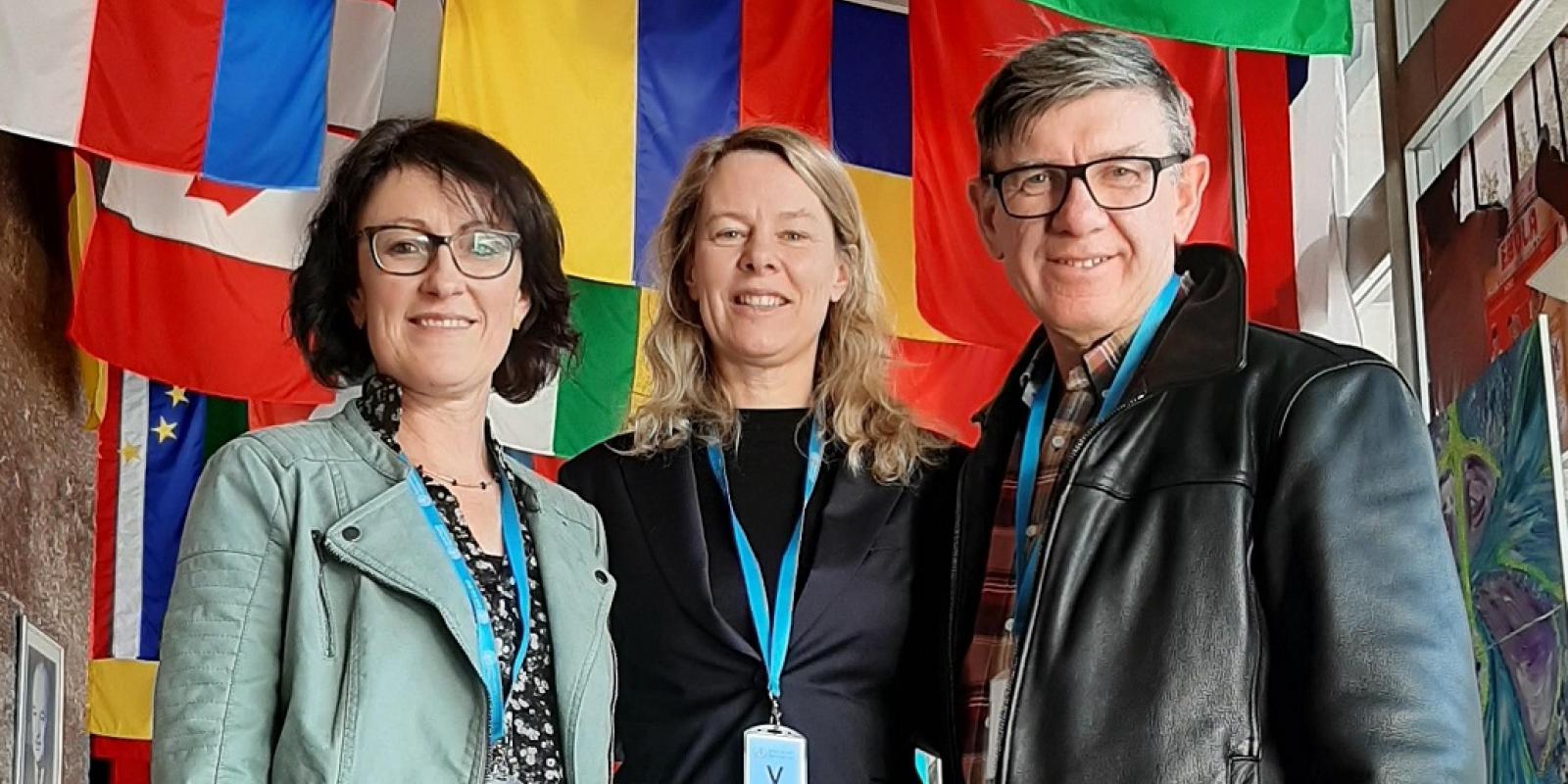For a large part of the global population, traditional, complementary and integrative medicine plays a vital role as a source of health care and well-being; either as the only form of available healthcare or alongside with biomedicine. The World Health Organization (WHO) refers to these practices with the acronym TCIM.
TCIM – Traditional, complementary and integrative medicine (WHO) Traditional medicine – sum total of the knowledge, skill and practices based on the theories, beliefs and experiences of different cultures, as well as scientific and professional expertise, used for the diagnosis, prevention and treatment of illnesses and to promote health and well-being. Complementary medicine – used interchangeably for “traditional medicine” in some countries. It refers to a broad set of health care practices that are not part of a country’s mainstream medicine and plays a supportive role in health care. Integrative medicine – an interdisciplinary and evidence-based approach aimed at achieving whole-person health and well-being by using a combination or fusion of biomedical and traditional and/or complementary medical knowledge, skills and practices. It provides holistic care spanning the care continuum and may involve various health care providers and institutions. Norway: alternative treatment Following section 2 in the Act relating to the alternative treatment of disease, illness, etc the official Norwegian term for TCIM is “alternative treatment”. Thus, NAFKAM’s tasks from Norwegian health and care authorities feature TCIM. |
WHO Collaborating Centre
NAFKAM is internationally recognized for its expertise in research and public information on TCIM. WHO relies on the input from specialist institutions such as NAFKAM; as a WHO Collaborating Centre (WHOCC), NAFKAM carries out activities in support of WHO's programmes in the field of TCIM.
For NAFKAM, this offers a unique opportunity to directly contribute to WHO's global health efforts, ultimately shaping health policies and practices. With its rigorous approach to the assessment of TCIM, NAFKAM endeavours to improve patient safety and quality of care in Norway and internationally.
As one of only three WHO TCIM collaborating centres in Europe—alongside partners in the UK and Italy—NAFKAM plays a key role in contributing to WHO strategies from a European perspective.
NAFKAM's activities for WHO
Over the years , NAFKAM has contributed substantially to WHO’s programme in the TCIM field; including the implementation of the WHO Traditional Medicine Strategy 2014-2023 and the development of the WHO TCIM Strategy 2025-2034.
Under its latest agreement with WHO, NAFKAM is committed to provide support through:
- Mapping of the use of traditional medicine among national minorities in the Nordic countries.
- Expanding medication safety and quality of care in TCIM.
- Evaluating the impact of WHO benchmarks for training and practice of TCIM.
NAFKAM also responds to requests from Norwegian authorities for advice on global or WHO-related matters in the field of TCIM.
Further reading
For further details about NAFKAM as a WHOCC, please see our annual reports for WHO: 2024 - 2023 – 2022 - 2021 - 2020 - 2019 - 2018 - 2017 - 2016 - 2015 - 2014 - 2013 - 2012 |
